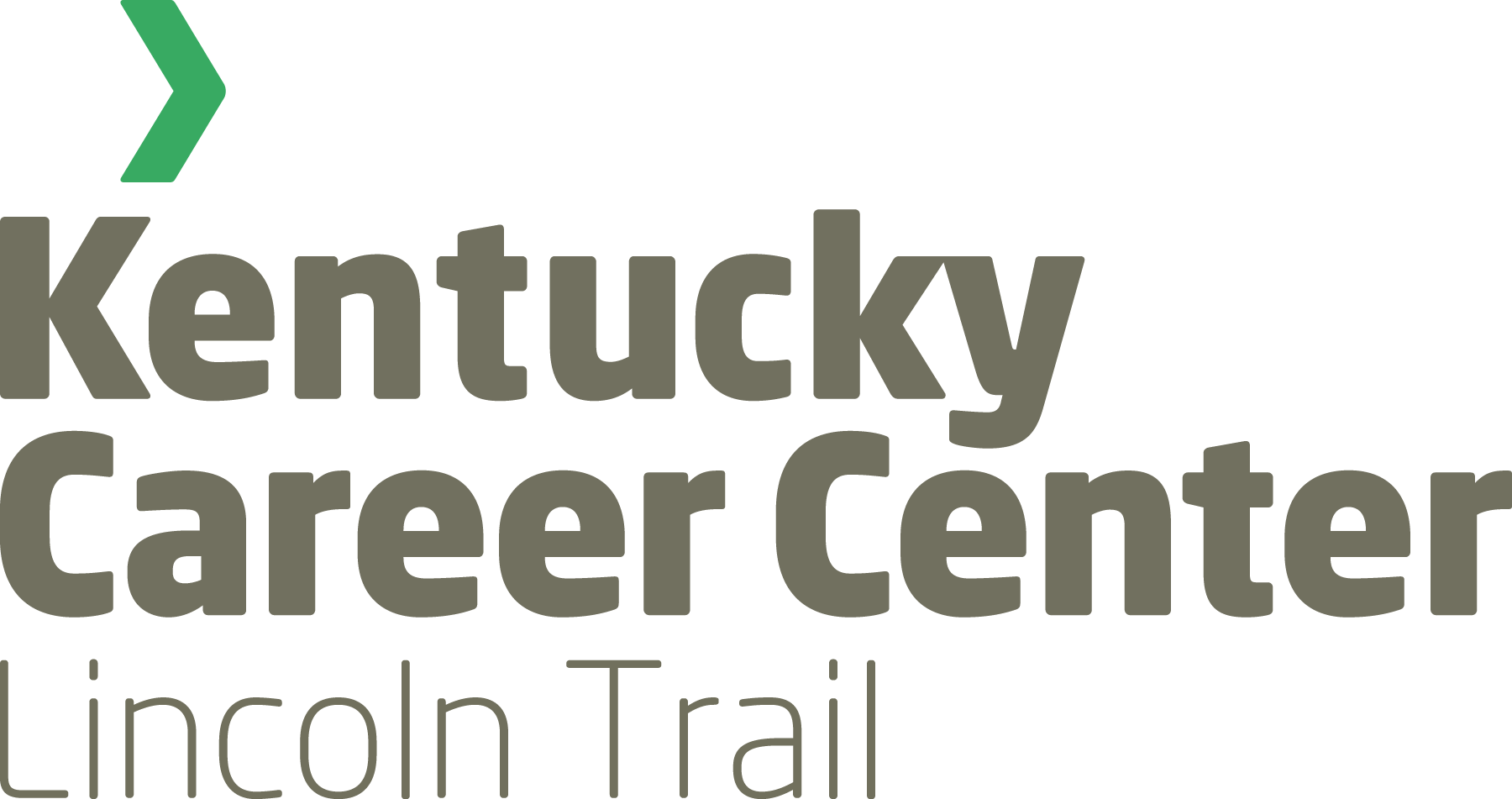Prioritizing employee mental health in the workplace

May is Mental Health Awareness Month, a time to raise awareness of mental health issues, fight stigma surrounding these issues and advocate for policies that support people with mental illness and their families. As CEO of Communicare Inc., one thing that is abundantly clear to me and our staff is that mental health issues do not adhere to a strict work schedule.
When an employee experiences difficulties in their mental health, it can negatively impact their work performance and may even result in them leaving a job. The COVID-19 pandemic has exacerbated stress and burnout associated with mental health issues, making it imperative for employers to prioritize their employees' mental health.
According to a recent study from primary care organization One Medical and research agency Workplace Intelligence, the poor mental health of employees in today’s workforce is greatly affecting productivity. According to the study, 64 percent of workers said they’re struggling with mental or behavioral health issues. Of these employees, 91 percent said they’re less productive due to their mental or behavioral health issues, with 45 percent reporting a productivity loss of more than five hours per week.
Locally, employers have expressed that one of the reasons they struggle to find enough skilled workers is due to mental health challenges. A goal of the Lincoln Trail Workforce Development Board, as outlined in the board’s three-year strategic plan, is to increase workforce participation by supporting the behavioral health of the community and encouraging employers to recognize the mental health needs of employees.
Some common signs of poor mental health among employees may include irritability, absenteeism, restlessness, fatigue, difficulty concentrating, excessive worry, missing deadlines, or a shift in their typical demeanor and activities. However, it's essential to recognize that each person's experience with mental health challenges is unique, and there may be other indicators specific to the individual.
Since work-related stress can manifest in different ways, employers must provide their staff with coping strategies and resources to manage workplace stress effectively. One way to achieve this is through Employee Assistance Programs (EAP), which employers can promote and subsidize to help employees access mental health services at little or no cost. However, according to the afformentioned study, just 19 percent of workers utilized their benefits for mental health care and only 37 percent received preventive care.
Employers have a responsibility to ensure that their employees are aware of any insurance benefits available to them that can be used to access mental health services. It is important to communicate to staff whether the company offers an EAP and provide clear instructions on how to access it. In addition, it’s worth considering whether the company offers EAP services through a third-party provider to mitigate any concerns about confidentiality or job security.
It's also crucial for managers to receive training on how to identify and respond to any changes or concerns they observe in their employees. Managers should approach such situations with empathy and offer support, rather than punishment. Effective communication is essential in this regard.
Tracy Wathen, Assistant Director of Clinical Services at Communicare, said that creating a culture where employees feel comfortable speaking openly about their mental health concerns starts with open dialogue surrounding mental health.
“The idea is to create a culture that prioritizes mental health and fights the stigma of mental health,” she said. “Make it clear to employees that you are there to support them in their mental health journeys. Promote and educate your workforce on the importance of good mental health practices. Treat mental health hand-in-hand with other wellness initiatives. Focus on stress and mental health management, not stigmatization. Create a healthy workplace culture of trust, encouragement and support.”
Employers can evaluate the effectiveness of their mental health initiatives and continually improve them by conducting employee surveys. Many companies also offer wellness programs and workplace challenges that promote physical and mental health improvements. By leveraging these programs, along with resources such as Mental Health America (mhanational.org) and the Substance Abuse and Mental Health Services Administration (samhsa.gov), employers can encourage a culture of wellbeing and monitor the impact of their mental health initiatives over time. By doing so, employers can create a more supportive and inclusive workplace, promoting employee mental health and overall wellbeing.
Lisa Wise serves as CEO and Executive Director of Communicare Inc.
Our Social Networks


